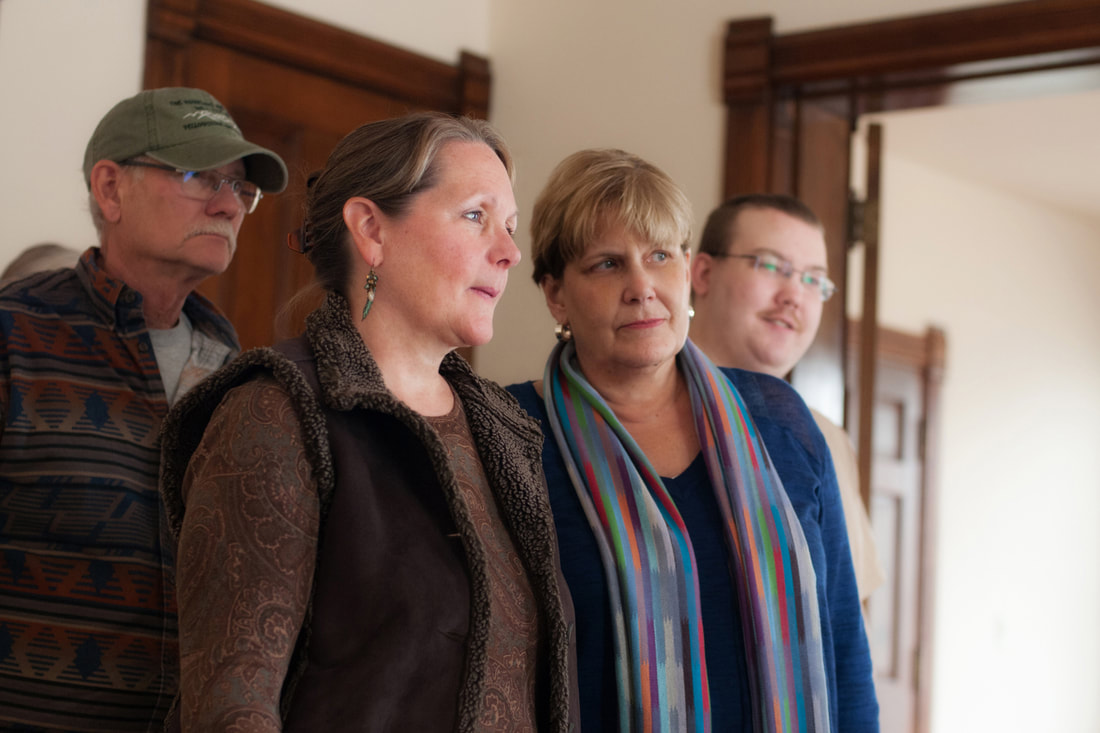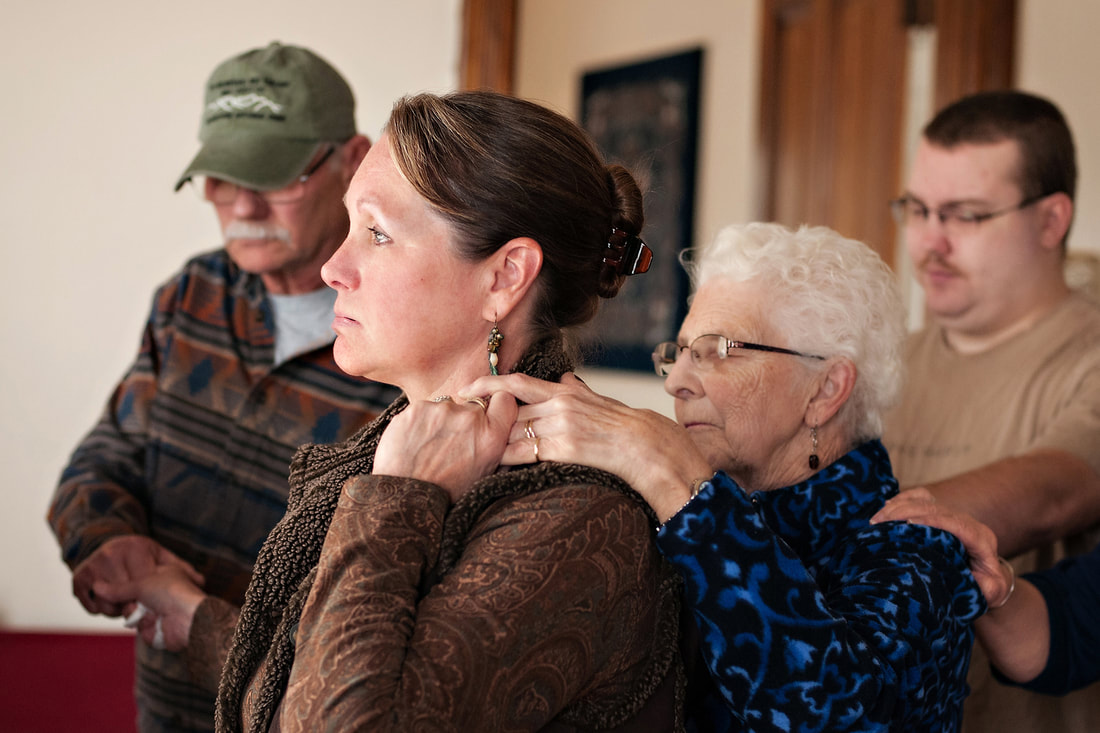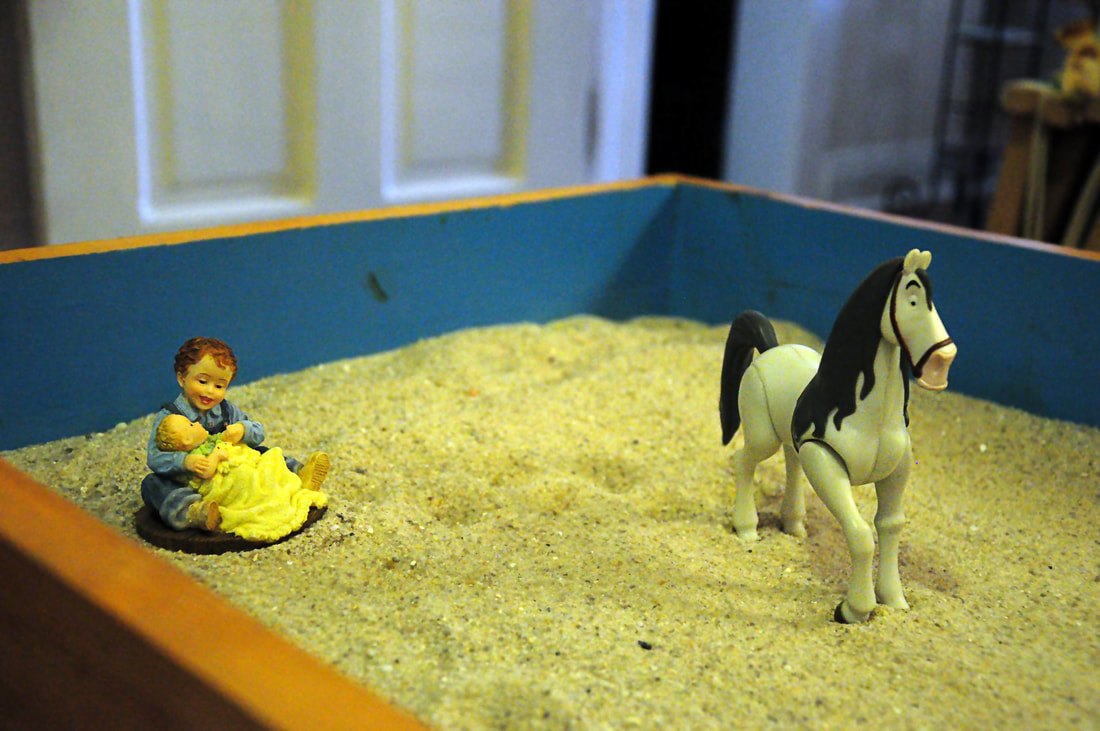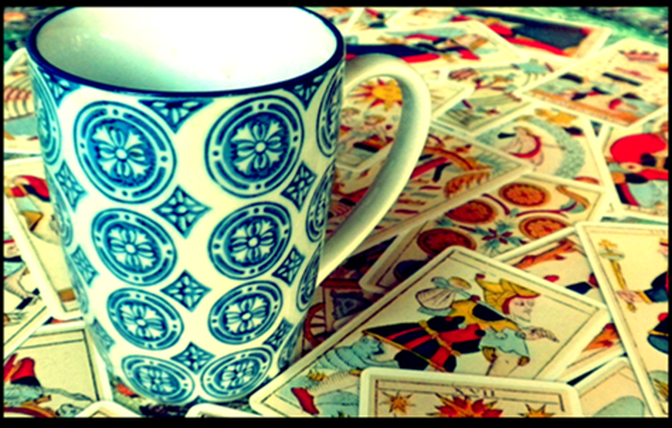The methods of experiential healing and learning
Experiential psychotherapy comes from the notion that a person cannot make a significant change until he, she or they experiences a change, or feels a change internally.
The practitioner of an experiential session focuses on facilitating a transformative experience that literally changes our very being. We now know about the delicate nature of the developing brain from the very beginning of life. Certain experiences – a stressed mother, a community trauma, a family crisis – appear to inhibit the circuitry of brain development.
Yet the brain and nervous system are not “fixed” into any specific configuration for life. For instance, the science of neurobiology tells us that the brain is “plastic,” continuing to constantly change, alter and adapt as it responds to new experiences. With the skilled and safe use of experiential methods, we can support and guide deep internal change. Here are modalities that you can expect to learn at the Lancaster School of Psychodrama and Experiential Psychotherapies:
The practitioner of an experiential session focuses on facilitating a transformative experience that literally changes our very being. We now know about the delicate nature of the developing brain from the very beginning of life. Certain experiences – a stressed mother, a community trauma, a family crisis – appear to inhibit the circuitry of brain development.
Yet the brain and nervous system are not “fixed” into any specific configuration for life. For instance, the science of neurobiology tells us that the brain is “plastic,” continuing to constantly change, alter and adapt as it responds to new experiences. With the skilled and safe use of experiential methods, we can support and guide deep internal change. Here are modalities that you can expect to learn at the Lancaster School of Psychodrama and Experiential Psychotherapies:
Psychodrama and sociometryPsychodrama is an action method developed by Dr. J.L. Moreno, a European-born physician, and his wife Zerka T. Moreno. It uses improvisation and embodiment to explore a problem, issue or learning challenge.
Psychodrama and its sister method of sociometry have been successfully employed for decades in psychotherapy, education, business, training and organizational development, spiritual growth, coaching and the law. Facilitators who practice psychodrama are called directors and are nationally board-certified by the American Board of Examiners in Psychodrama, Sociometry and Group Psychotherapy. Many other professionals integrate parts of this method in their professional disciplines after intensive training. Learn more here. |
Family and Systemic ConstellationsFamily Constellations is an unusual experiential approach that defies typical therapeutic categories.
The Family Constellations approach is not talk psychotherapy. It has similarities to psychodrama although it most closely resembles sociometry, the sister method to psychodrama, as developed by Dr. J.L. Moreno. This phenomenological approach was developed by family psychotherapist Bert Hellinger in the 1970s in Germany to inquire into trauma that passes from one generation to the next. It has grown into an international movement that addresses intergenerational trauma. A growing number of mental health professionals and healing practitioners are integrating Family and Systemic Constellations into their practices of psychotherapy, coaching, healing and training settings. Learn more here. |
Sand traySand tray is the practice and art of placing small figures in a tray of sand to tell a story, express feelings or explore an situation.
Sand tray stems from the earlier "Sandplay" process as variously developed by Dr. Margaret Lowenfeld, a British medical doctor working with children; Dora Kalff, a protege of Carl Jung; and others. Originally a clinical method designed for the treatment of children, these processes have been expanded and developed for work with all ages as well as families and groups. In sand tray, the practitioner may talk, direct and offer prompts to the seeker, as the seeker creates a three-dimensional picture in the sand. The images that are formed and re-formed are compatible with the latest research on neurobiology and how our brains and beings accept new images into consciousness. Learn more here. |
TarotTarot is a language of pictures that illustrates the human spiritual journey of evolution and growth.
The Tarot deck is comprised of 78 cards that are divided into two categories -- known as the Major Arcana and the Minor Arcana. "Arcana" refers to "secrets," meaning that each card has an interpretation that allows for contemplation relating to life situations. Although some have considered the Tarot as superstitious fortune-telling practice -- or worse -- the fact is that Tarot offers an engaging way to mine the unconscious for new perspectives. Traditionalists tell us that the Tarot is something to "read," but when embodiment, mindfulness and improvisational play are added to the experience, the learning is enhanced, and the Tarot becomes a beautiful multi-faceted vehicle for growth and self-understanding. Learn more here. |




